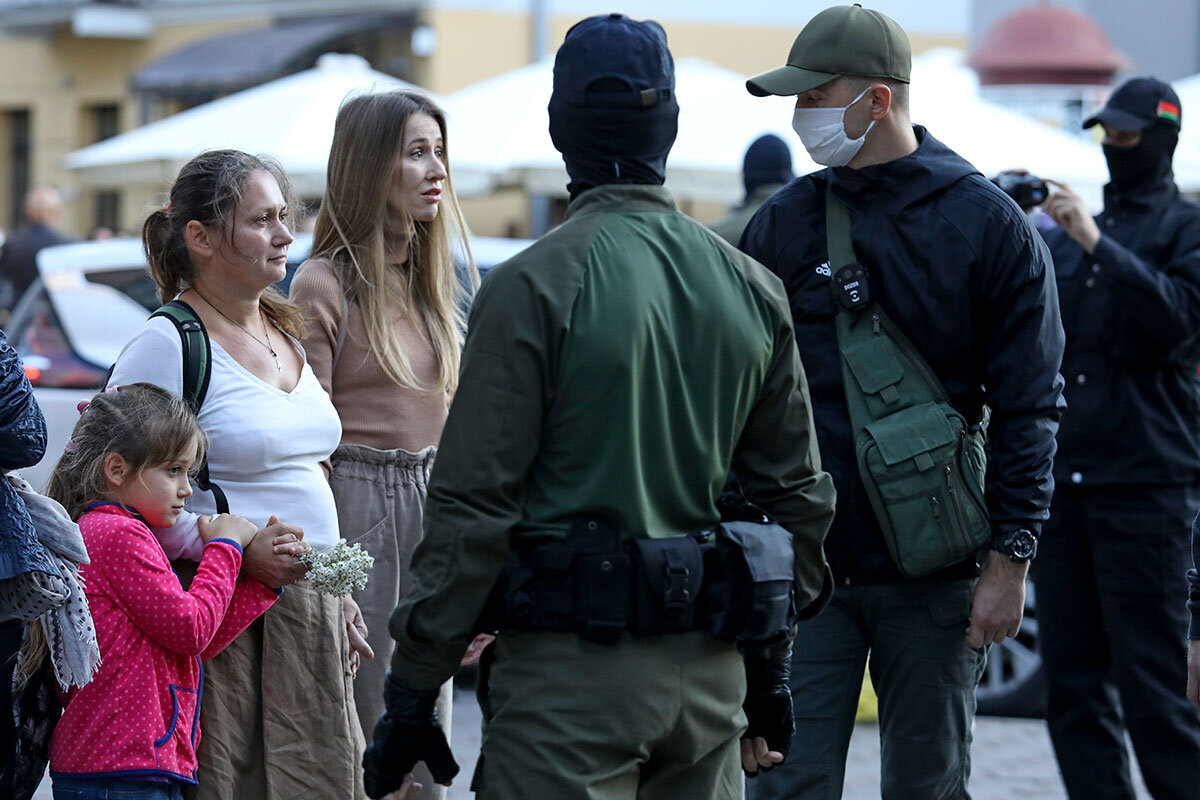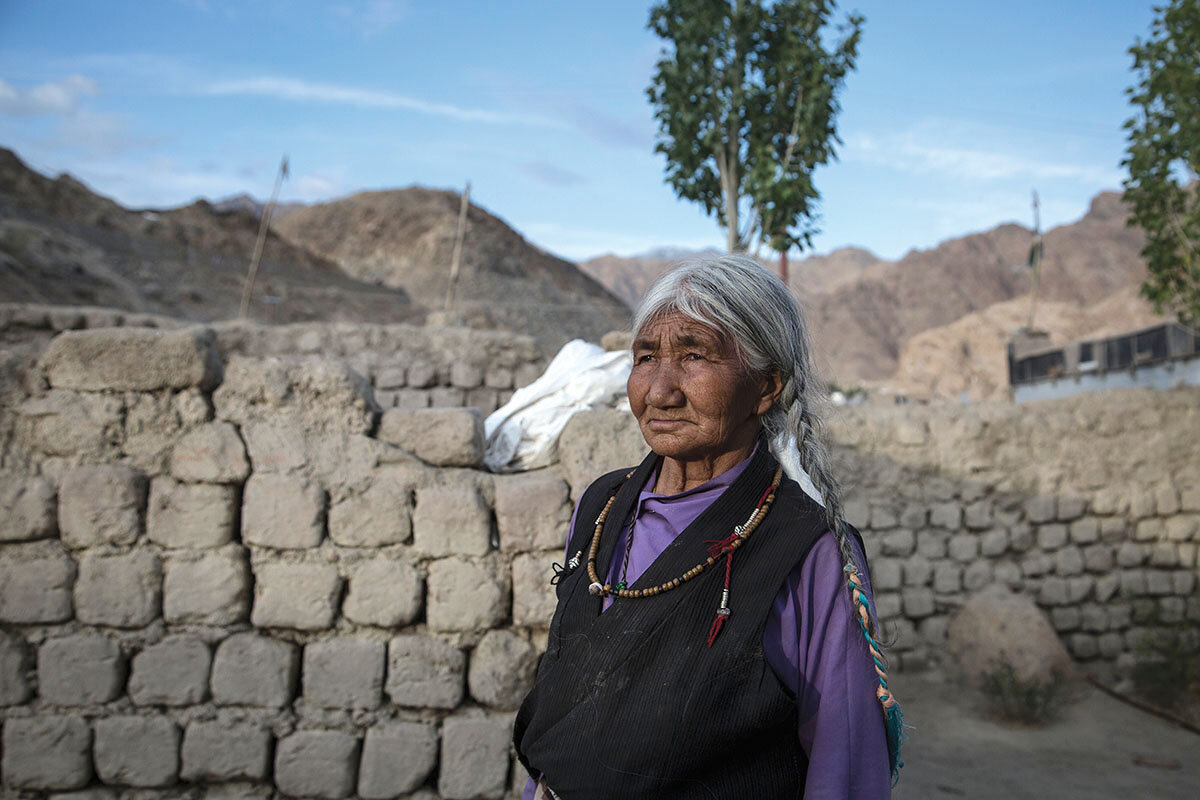The U.S. economy really has made a lot of progress since the pandemic caused a spring nosedive. But it's also far from recovered, leaving a sharp divide between booming and struggling sectors.
Monitor Daily Podcast
- Follow us:
- Apple Podcasts
- Spotify
- RSS Feed
- Download
 Noelle Swan
Noelle Swan
When unthinkable terror struck New York City 19 years ago, Fire Chief Peter Ganci Jr. grabbed a hard hat and headed straight for ground zero. Nearly 3,000 people lost their lives in terrorist attacks on Sept. 11, 2001, including hundreds of firefighters. Chief Ganci was among them. But his name will forever live on as a symbol of valor and sacrifice.
This week, the commissioner of the New York City Fire Department announced that the James Gordon Bennett Medal, the department’s highest award for bravery, will be renamed after Chief Ganci.
The move is a tribute to “a legendary Chief who is still revered by all of us so many years after his death,” Commissioner Daniel Nigro wrote in a social media post announcing the change. But it is also meant as an act of racial justice.
The medal was first awarded in 1869 by publisher James Gordon Bennett to honor the firefighters who saved his home from a blaze. The medal has borne his name ever since. But in life, Bennett espoused many racist views, and used his paper The New York Herald to spread anti-abolitionist rhetoric.
“This award for bravery should not be tied to someone who never served the FDNY, risked his life to save others, and who advocated for hate and slavery,” Commissioner Nigro wrote. “That award should be named for the Chief who was leading our troops on our darkest day, a great man who gave his life overseeing the greatest rescue operation in FDNY history.”










